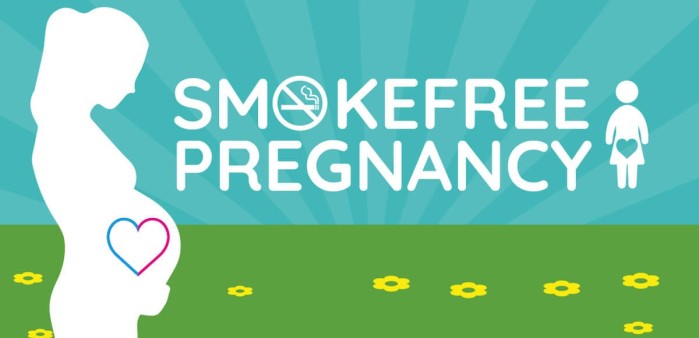There will be times during your journey to becoming a successful quitter when you crave a cigarette.
Cravings usually last between 5-10 minutes and can be managed through changing your behaviour, or with stop smoking medication.
Some triggers can be avoided (for example alcohol, smoky environments) but some need to be managed and prepared for (mealtimes, talking on the phone). It’s different for everybody, but understanding what your personal triggers are will help so you can try to avoid them, or manage them better.
Are you most likely to want to smoke when you:
![]()
Are emotional – feeling stress, anxiety, boredom loneliness – these are all strong emotions which can remind you about when you used to smoke to change your mood or to escape a bad emotion.
Manage them by… talking about your feelings with friends/relatives, taking slow deep breaths, doing some exercise
![]()
In an old habit – drinking alcohol or coffee, watching TV, talking on the phone – all activities you may connect with smoking.
Manage them by… break the association by transferring the feeling to another activity. Find a replacement like gum, keep active and do some exercise, change your routine (such as brushing your teeth after a meal)
![]()
Are socialising – these usually involve other people who smoke – going to the pub or a party, seeing someone else smoke, celebrating an event.
Manage them by…. ask people not to smoke around you and avoid places where people smoke. If you tell friends and family you have quit you can get their support. It will get easier as time goes by.
![]()
Having physical symptoms – because your body is used to nicotine, when you quit you may have withdrawal symptoms as it craves nicotine. Triggers include smelling cigarette smoke, feeling restless, handling cigarettes or a lighter.
Manage them by… keeping yourself busy/ distracting yourself. NRT can also help reduce the craving for nicotine.
Why should I quit smoking?
-
Children are three times more likely to smoke if their parents smoke
-
Cigarette smoke can last up to five hours in a room after someone has smoked
-
Cigarette smoking can delay bone healing and increase the risk of wound infection
-
Smoking when pregnancy can increase health risks for your baby including being underdeveloped and miscarriage or still birth


